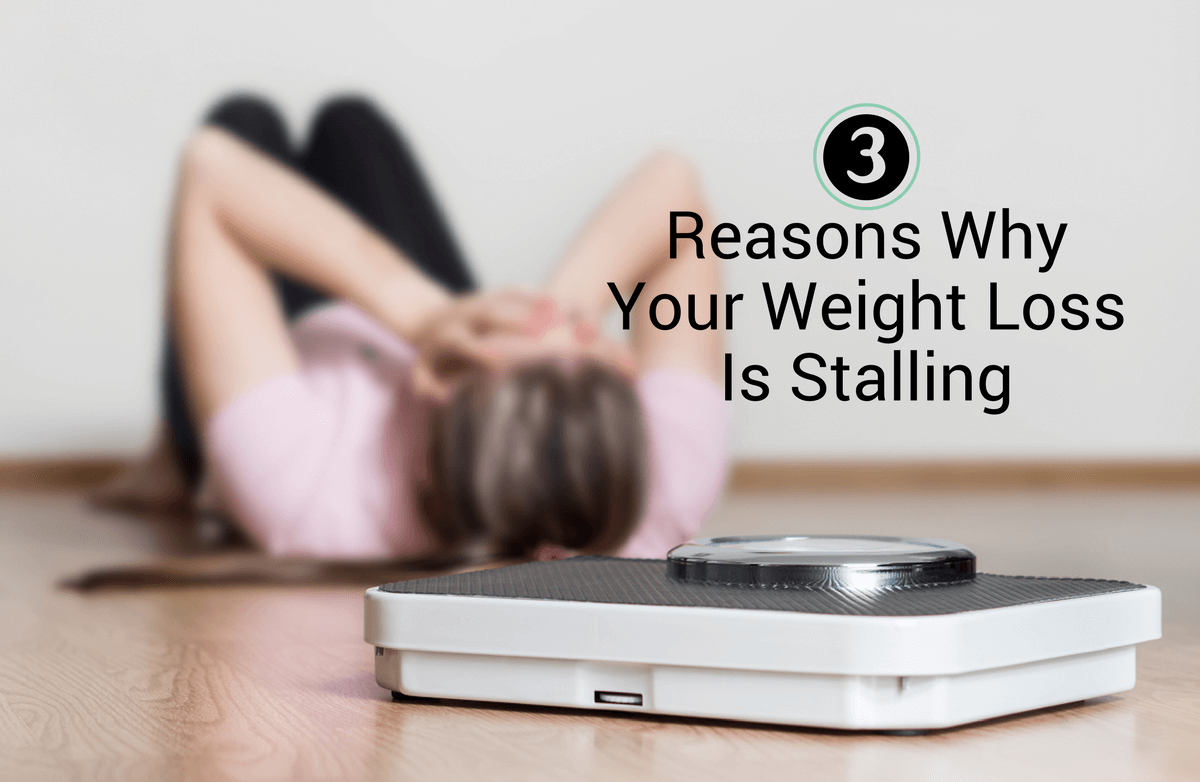|
Who doesn't want six pack abs? Well REIGNWATER recently asked a great fitness question related to these muscles: "Does Pilates count as ab work? How often can it be done?" Want to hear what I had to say? First of all, it's important to know that the abdominals are just like any other muscle in your body. So when you strength train them to fatigue, they need a break. But let's be clear here. Fatigue is the key word. When you strength train to fatigue, that means you do enough reps that you cannot possibly do another one in good form, whether your working your abs or your biceps. Traditional strength training exercises for the abs and core, when done correctly, can lead to muscle fatigue. Therefore, you should allow the abs to rest and recover 1-2 days before you train them again. But while mat Pilates is a form of strength training (it tones the muscles and increases strength, too), it's different. For one, you'll typically perform 10 reps of each exercise or fewer. The goal isn't to "fatigue" the muscles, either. Pilates is often described as "gentler" for this reason. Because Pilates does not work the muscles to fatigue, it is safe to do on back-to-back days without a break. If you are a beginner to Pilates, however, it can be extremely challenging and lead to fatigue and post-workout soreness. If you're new, it's best to rest and allow your body to recover 1-2 days before doing Pilates or abs exercises again in the week. In general, I recommend that people train their abs, whether with traditional exercises like crunches or Pilates exercises, 2-4 times a week (allowing adequate rest days if necessary). This is simply because I don't think doing any one form of exercise every day is ever ideal—even if it is "safe." I think people tend to focus on the abs a little too much (they're working all the time, whether you're running or strength training) at the expense of other muscles, such as the lower back (which you should train every time you do the abs). Need answers to your fitness questions? Post in the comments below and I just may answer your question in a future entry! |
More From SparkPeople
|



.jpg)

















